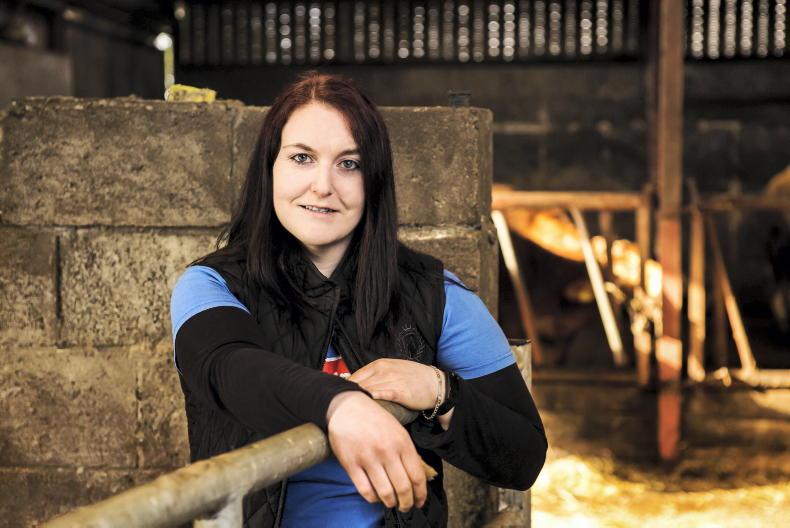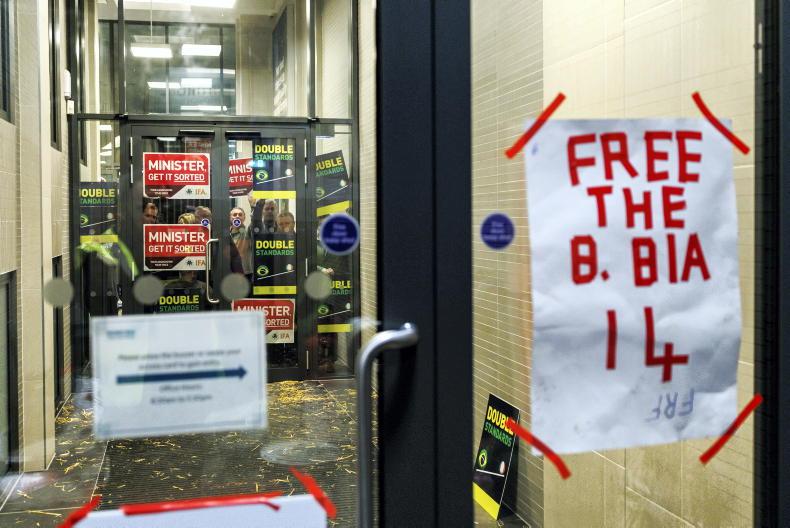Shannon airport has kicked off its silage season early, and started cutting and baling on 20 April to help farmers dealing with the fodder crisis.
The airport made 1,600 bales on its 400-acre site during the fodder crisis of 2013, and hopes to get at least 1,000 bales over the next three days.
Kerry Agribusiness has sponsored the transport of the bales and the first loads began leaving the airport at midday today.
?? @ShannonAirport kicked off their silage season today to help farmers who are dealing with the #foddercrisis ?? President of the @IFAmedia described the bales as a "godsend" pic.twitter.com/UQt3nmdja2
— Farmers Journal (@farmersjournal) April 20, 2018
Bales will be taken to regional locations for distribution and some farmers arrived directly at the airport to collect bales.
Those bales are a godsend and a lifesaver
“This is important because there are people with a lot of damp land around us. It will just carry them over until we get a fine week and it will be okay again,” Joe O’Connell, one farmer who travelled to the airport to receive bales, said.
Contracting costs are roughly €12/bale and bales will be sold at cost price to farmers.
“Those bales are a godsend and a lifesaver; the difference between farmers going to bed feeling very stressed and farmers going to bed happy, knowing that their animals have enough for tonight and tomorrow and next week,” IFA president Joe Healy said.
He was present during the bale cutting today and discussed the challenges farmers had faced during one of the worst winters on record.
There’s only one answer you can give and that is ‘absolutely yes
Shannon airport has been applauded for its proactive action in the face of the fodder crisis, but stated it was more than happy to help the local farming community.
“We were approached by the local farming community to say there is a crisis, which we're all aware of, and could we help. There’s only one answer you can give and that is ‘absolutely yes’,” Shannon Airport’s director of operations, Niall Maloney, said.
It’s understood that demand for fodder from local farmers will be satisfied first, with any surplus bales then being offered to other counties.








SHARING OPTIONS